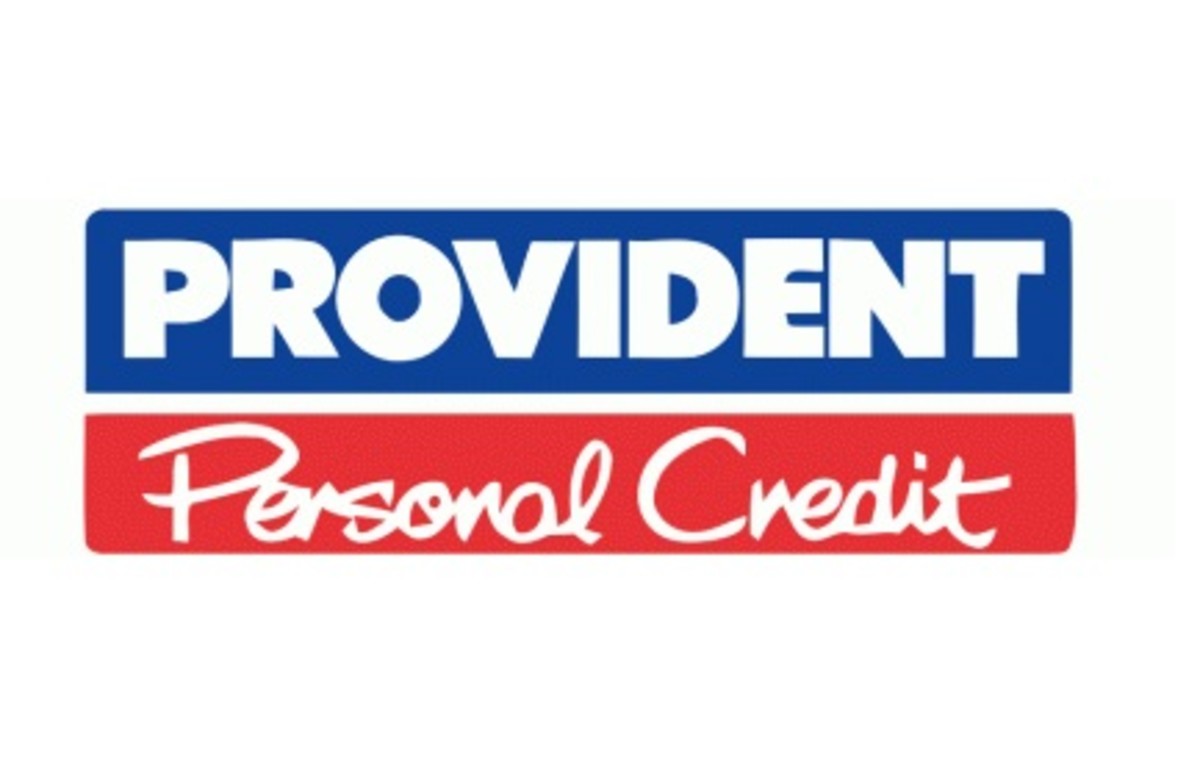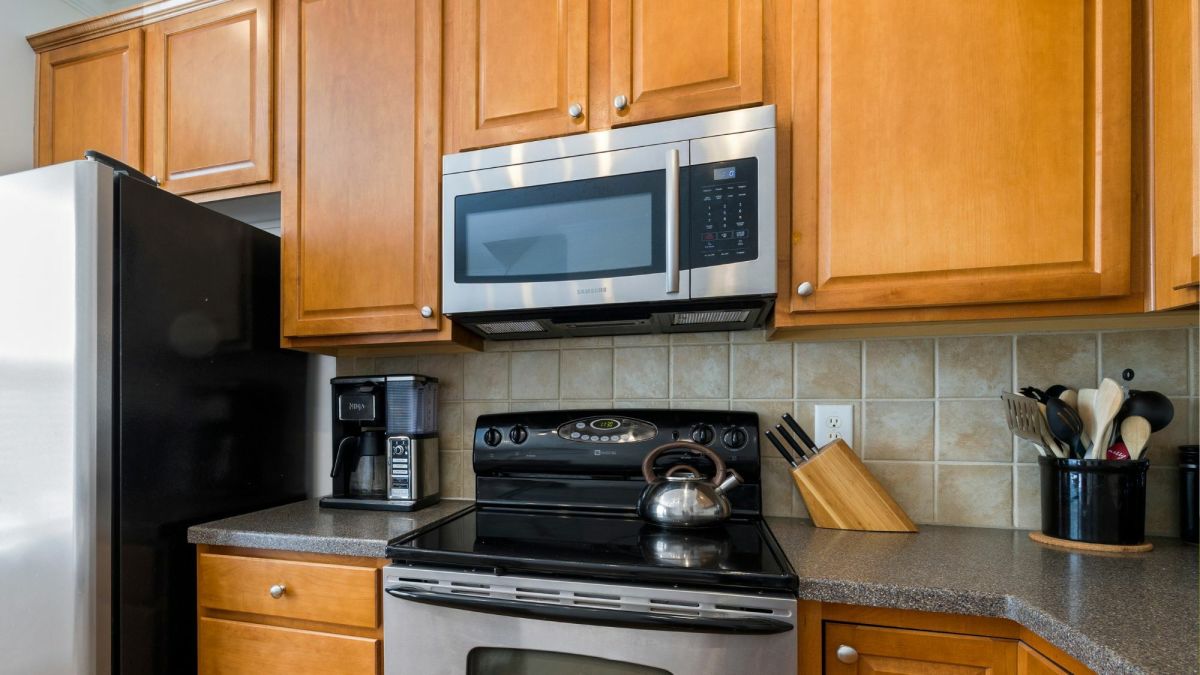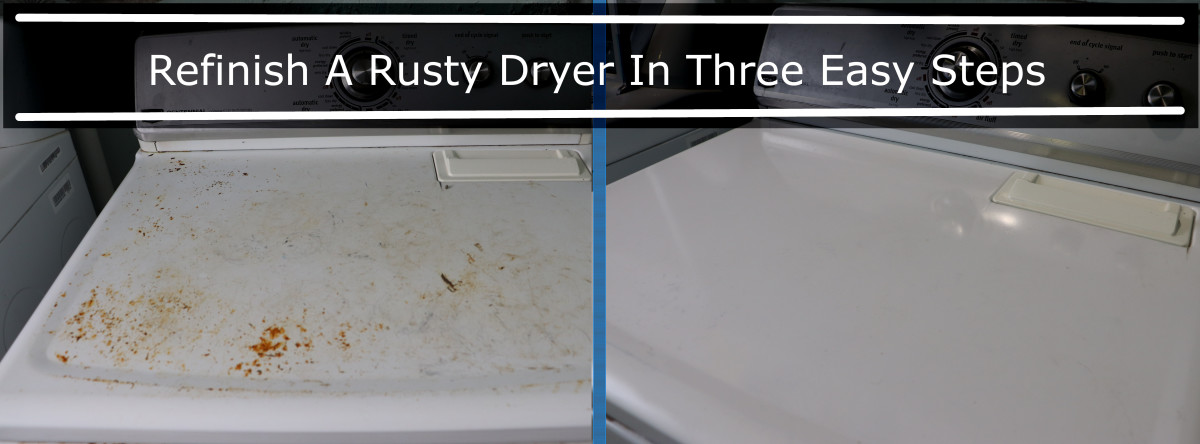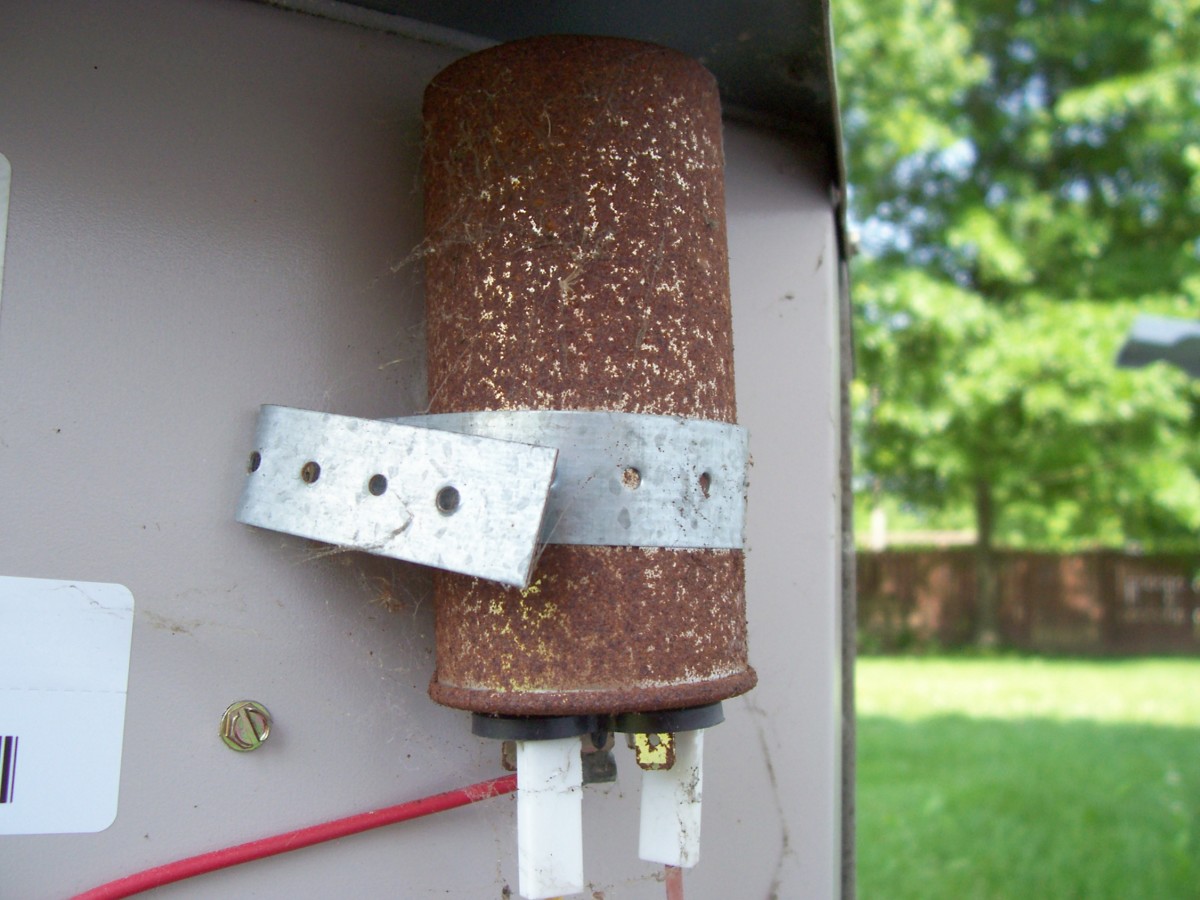Ask yourself 13 Questions Before you buyAppliances and Gadgets
When you are going to buy a home appliance or gadget you must feel the urge to give it a serious thought
Buying a home appliance or a gadget, at first sight, appears to be as easy as going to market, spending money and bringing the item home or clicking a link on the website of an etailer and paying through your credit card. But the problems start right from the moment the item reaches your home and you start using it. To make your purchase an ideal one you must apply common sense, experience and informed analysis. To methodically reach a conclusion ask yourself the following questions and answer to yourself honestly. A holistic view emerging from your answers will tell you whether you should buy the item, postpone the buying or cancel the buying.
1. Do I need the appliance/ gadget?
The first and foremost question to ask to yourself is whether you need the appliance or the gadget or not. The answer will come from within. If you can do without it in a convenient way, with the resources you already have, do you think you should buy it? The answer may be a YES or a NO.
YES- When you want to use the item for extra comfort or luxury and you have the required amount of money .
NO- If you think it is redundant and does not upgrade you considerably.
It is obvious that the choice is yours and you have to make a decision based on the urgency of your need and the level of your comfort.
2. Can I afford the appliance/ gadget?
The very next question which comes to your mind is "Can I afford it?" or more accurately "Do I have the budget for this appliance or gadget?" The answer cannot only come from how much money you have at the moment. List all your priorities and think whether there is any of your priorities which must come before buying this item. Only in case you are convinced that buying this appliance or gadget is at the top priority for spending money, you can go for a purchase.
For example, your electricity bill for the month is &70 and telephone bill is $35. You have an extra amount of $250set aside from your salary for buying a cellphone. But the cell phone of your choice costs somewhere around $300-$450. You may try not paying the electricity bill this month and going for the phone as the electricity is disconnected only for pending amounts of more than $100. To someone else paying the bill may appear more important and buying the phone may be deferred to next month. Another buyer may pay half of both the bills and buy the phone. What I mean is you have to weigh the preferences and decide accordingly.
3. Do I have space in my house to keep it?
Given the space constraints that exist in today's houses this has also become an important question. Before I buy any home appliance I think twice as to where shall I place it in the house. I look for a spot where it can be placed without giving an odd appearance to the view of the part of the house I have chosen. If any adjustments and changes have to be made I do it prior to the purchase. When I am done with creating an orderly and suitable looking space for the appliance I consider selling or throwing away anything that I have removed or taken away from the spot to make the required space.

Are you a smart buyer?
Which of the following is the most important question to you when you are going to buy a home appliance or a gadget?
4. Should I buy appliances online or offline?
This is a new question which has surfaced in the recent times. Until recently it would be anybody's choice to visit a store, see and feel the appliance or gadget or the accessories, shoot hundreds of questions to the salesman across the counter and buy the item in person. But given the mega discounts they are offering and the way their replacements and warranties work the etailers are well on their way to winning the battle.
What to do then?
My advice is that one should make a comparative study and then make the right choice. If the discount is considerable and the online seller is a trusted one who can live up to warranty or replacement policy then there is little harm in going for it. If you do not want to undergo this rigorous contemplation then go for the in-person purchase.
One more thing, be careful of the breath taking pictures the online community provides. The item on sale may not be as captivating when it comes to you.
5. Does it have resale value?
The thought process of a wise buyer reaches even the end point in the life cycle of an appliance. Since the value of the item goes on depreciating month after month you have to think what you will do with it after it has outlived its life. For instance, what do you do when you are fed up with your old washing machine though it still serves the purpose of washing. Do you want to replace it? But are you sure somebody will buy it second-hand?
This is the point where brands come into play.A branded product may sell a second time but perhaps the same cannot be said about a locally manufactured unbranded item.
The resale value can add up a good contribution when you are going to buy a new appliance again. So it needs good amount of thought specially when you are buying costly appliances/ gadgets.
6. Does it compare well to its peers?
Comparing the appliance or the gadget to the items of other brands in the same price range is a step that we generally do never forget. Basically we should ask ourselves these questions while comparing the products:
Which of them has maximum number of features?
How are user reviews for the product?
Which of them will be the best for my needs?
Properly and correctly answering these will be sufficient for a good decision.
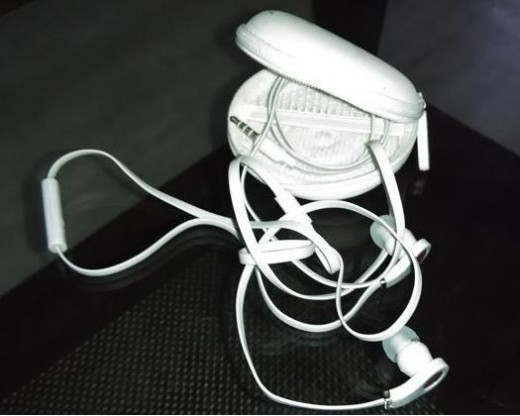
7. Why has the discount been given?
If an item is selling at a huge discount try to know why might the discount have been given? If it is a clearance sale or an off season sale and you feel you are getting a real discount, it is alright. But what if the discount is being given for the item being defective or since it is from very old inventory and the depreciation is just too much.
So think twice before buying an item selling on huge discount. Recently I bought ear phones of a renowned brand for Rupees 199. The actual price is somewhere near 1000-1200. I did the required research and went on to buy 6 pieces of it. The ear phones are so high quality and the sound is so magnificent that I have recommended these discounted earphones to many of my friends.

8. Should I pay the full price at a time or consider buying it in installments?
For an average earner it becomes difficult sometimes to buy a household appliance or gadget paying the entire amount. So sellers provide the facility of payment in installments. EMIs (Equated Monthly Installments). So the question is whether you should go for it.
The simplest answer is "If your finances allow you to buy it by paying the full price, pay and get the item home." Otherwise, add the entire EMI amount and subtract the take away price from it. Divide the amount by the number of months of EMI and you will get the extra amount that you are paying every month over the cost price. If you feel it is not considerable you can go for the EMI option.
For example I bought a cell phone recently which costs Rs 5999. I bought it with the EMI option wherein I have to pay Rupees 537 every month for a year. So I am paying only about Rupees 37 extra every month (About Rupees 42-45 including taxes.). So I found it a negligible amount and decided in favour of EMI.
9. Do I need the best model?
Do you think you need not buy the best that you can afford if you have to gift it to somebody? I think so. If I am buying it for the time being, only in order that some unavoidable tasks may be done regularly, I won't go for the best thing. Again, the priorities come into play. There are many other appliances or gadgets where I want to purchase the best available within my capacity. I shall spend most of my money there.
We solve problems with what is required. We enjoy life with luxuries.While buying we must know which category the item belongs to.
Should I Buy It?
Sl. No.
| The question
| Your evaluation in %
|
|---|---|---|
1
| Do I need it?
| 70
|
2
| Can I afford it?
| 65
|
3
| Does it have resale value?
| 80
|
4
| Does it compare well to its peers?
| 90
|
5
| Are the discounts good and real?
| 80
|
6
| Do I have space in my house for it?
| 75
|
7
| Are the related costs manageable?
| 65
|
8
| Is it the right time to buy it?
| 85
|
9
| Am I getting a good warranty span?
| 70
|
10
| Can its parts be used after it has become useless?
| 70
|
Total(%)=75 ** Read below
|
The questions that you must ask yourself before you buy an appliance, a gadget or their accessories. I believe if you get an aggregate of 75% or more, you should go for the purchase.
**In the above table I filled up the entries to decide before buying a fridge. It came to 75% and I went for the purchase.**
10. What are the related costs?
About two years back I did not know what a 5 star rating is. But as an informed customer I have to know this now. Till 2009 I never calculated how many KWHs were consumed by my electric fans and air conditioners over a month but now I do.
With sellers becoming smarter day by day you cannot afford to lag behind. You have to know each and every cost connected with the equipment. Thinking how a product burdens your finances when you start using it, is of utmost importance. You may be going to buy a new air conditioner at a discounted price but remember you are also going to pay additional dollars every summer month hereafter.
11. What is the best time to buy it?
When should I buy? Obviously when I need it. But no, this is not the right answer. You stand incurring surprisingly high costs, buying inferior things and making less informed decisions. Ideally you should buy when the market is good, discounts are in plenty, you have enough time to apply your intelligence and your personal finance is in sound health.
For instance, if I buy a geyser in summer I shall get more discount. The off season discount will be at its highest in case of an air-conditioner if I buy it in a winter month.
So one should avoid buying in haste. Allow time to yourself to time the market.
12. What is the warranty or guarantee?
Before you buy you must also look into the warranty/ guarantee/ replacement or repair terms of the product. Sometimes you may find that it is better to go for an extended warranty by paying a little over the price than frequently calling a paid service to repair. Specially for products which require service more often like water filters and air conditioners it is wise to look into the details of the warranty/ guarantee.If you are getting a good span of warranty it is important to see how many free services you will get over the entire period and whether most of the parts of the product are covered under this warranty since some parts known as 'disposables' or 'perishables' may not be covered under warranty.
13. Can its parts be used when it becomes useless?
Though it is a bit too much of stressing yourself over the matter yet i must confess I do it. I had an old fridge which had already been used to such an extent that it won't sell second-hand. I engaged a mechanic for Rupees 150 and he opened up the machine entirely. He separated the sensor, the expansion valve and a section of the heat exchange pipes. I sold them along with the bulb and the ice trays successfully for about Rupees 2000 to a nearby service centre. Not bad, I think.
As I have told above, it is perhaps too much thinking into the purchase but nevertheless it reduces your apprehensions of risk. You get a bit desperate like, "OK, no problem, in case my purchase turns out to be a bad one I shall sell it second-hand or at least sell its parts."

